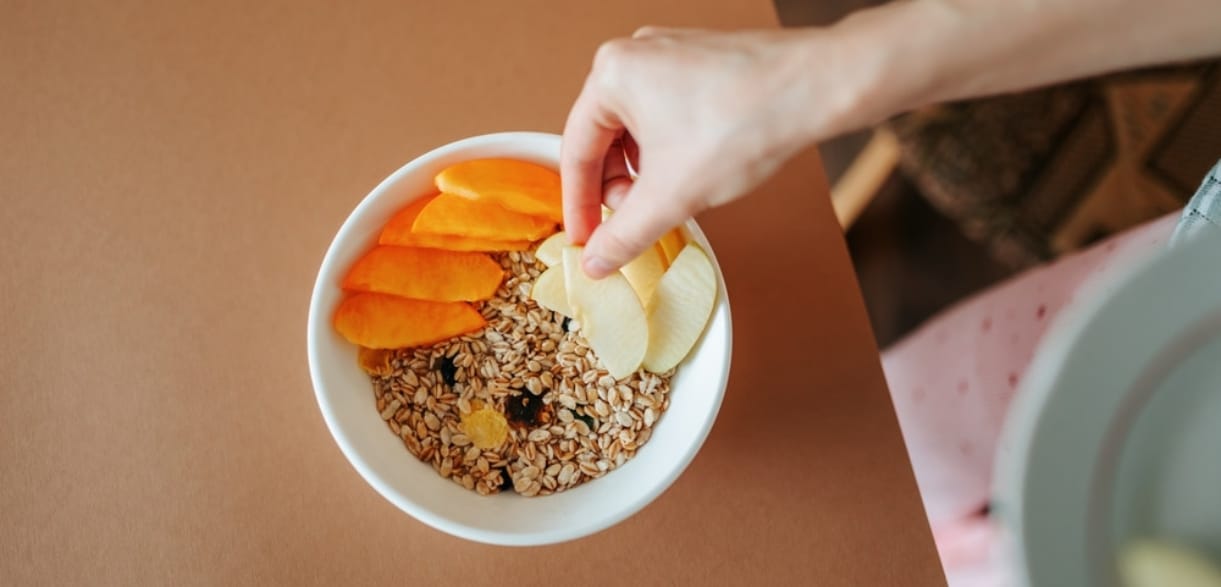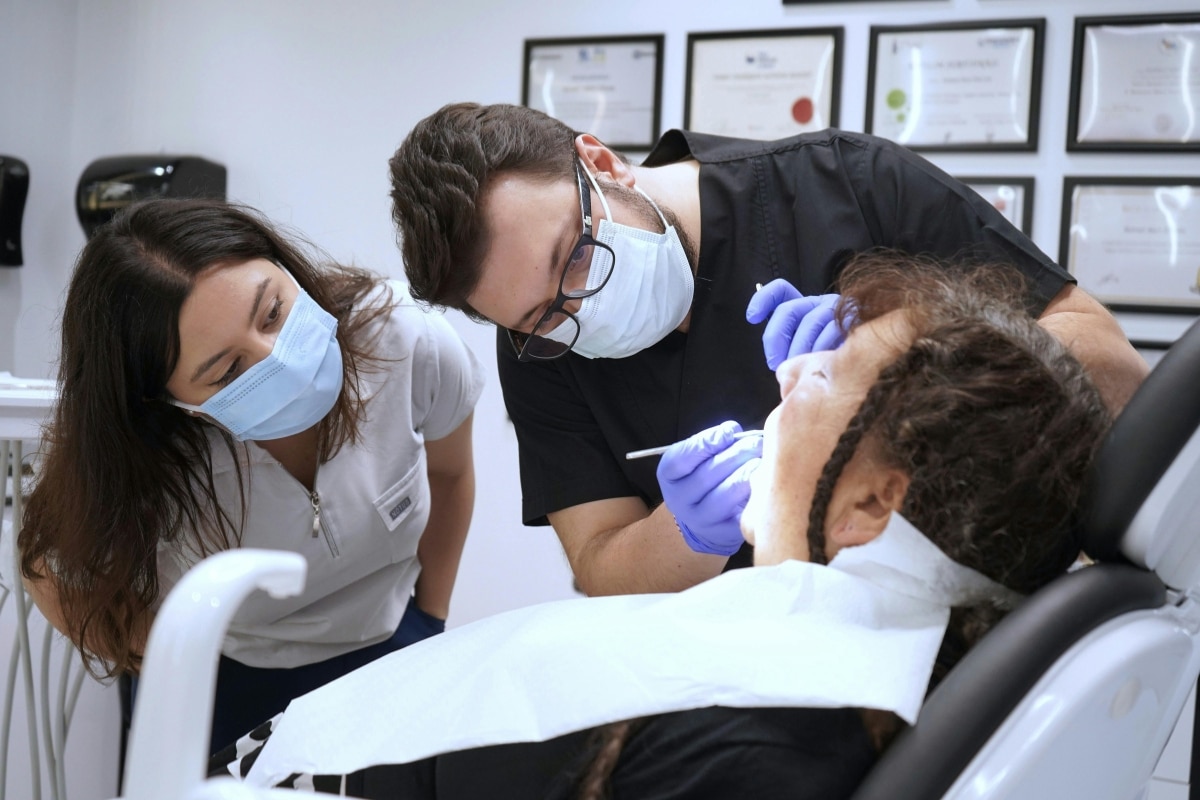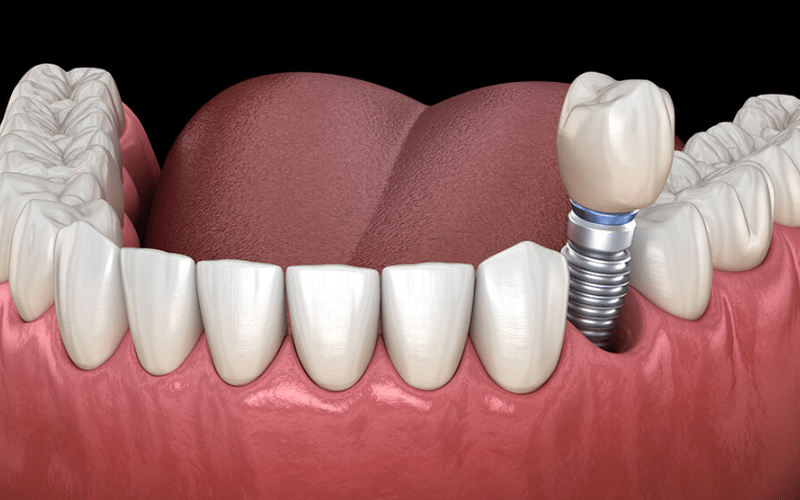
What Foods Cannot Be Eaten With Dental Implants?
Dental implants may be one of the strongest solutions for missing teeth, but they’re not invincible. Imagine spending thousands on your new smile, only to damage it with something as innocent as a popcorn kernel or a sticky caramel. Sounds like a nightmare, right?
The truth is, your daily food choices can make or break the longevity of your implants. If you’ve ever wondered what you can’t eat with dental implants (and why it matters more than you think), keep reading.
Why Some Foods Are Risky for Dental Implants
While dental implants are made from titanium and designed to mimic natural teeth, they rely heavily on the surrounding bone and tissue to remain stable. Certain foods can:
- Cause pressure on the implant site.
- Shiftable crowns or abutments.
- Introduce bacteria and delay healing.
- Lead to long-term wear and complications.
Foods You Really Should Avoid With Dental Implants
Here’s a breakdown of the biggest culprits that can negatively affect your dental implants in Butler, PA.
1. Extremely Hard Foods
These can crack or chip the implant crown.
- Hard candies.
- Ice cubes.
- Nuts (especially almonds or pistachios in shells).
- Popcorn kernels.
2. Sticky and Chewy Foods
These stick to your teeth and may pull on the crown.
- Caramel.
- Toffee.
- Taffy.
- Chewing gum.
3. Over-Crunchy Foods
They create excess pressure on the implant site, especially during early healing.
- Raw carrots.
- Hard chips.
- Crusty bread or baguettes.
4. Acidic or Sugary Foods
These don’t physically damage the implant but can affect gum health around the implant.
- Citrus fruits in large quantities.
- Soda.
- Sugary snacks and desserts.
5. Hot and Spicy Foods (Immediately Post-Surgery)
These can irritate healing tissue and slow recovery.
- Spicy curries.
- Hot peppers.
- Very hot soup or coffee.
Why Caution Matters
According to the American Academy of Implant Dentistry, over 3 million Americans have dental implants, and this number grows by 500,000 each year.
Despite their durability, implants can fail—with poor dietary habits being one of the contributing factors. Taking control of your diet is one of the best ways to protect your investment.
Post-Surgery Caution: The Healing Period Is Important
In the weeks immediately following your implant surgery, your diet plays an even bigger role. Be extra cautious during this period:
- First 48 Hours: Stick to liquids and very soft foods.
- In 1 Week: Introduce semi-soft foods slowly.
- After 2 Weeks: Begin eating normal soft foods with more confidence.
- Long-Term: Avoid risky foods that could damage your crown or inflame your gums.
Smart Eating Equals Long-Lasting Implants
Dental implants can last 15 to 25 years or more with the right care—and what you eat plays a big role in that longevity. Steering clear of hard, sticky, or overly acidic foods is more than a temporary sacrifice—it’s a long-term commitment to your oral health and implant success.
When in doubt, always consult our dentist or implant specialist before reintroducing tricky foods. Remember, it’s not just about what you chew—it’s about how well your smile lasts.





